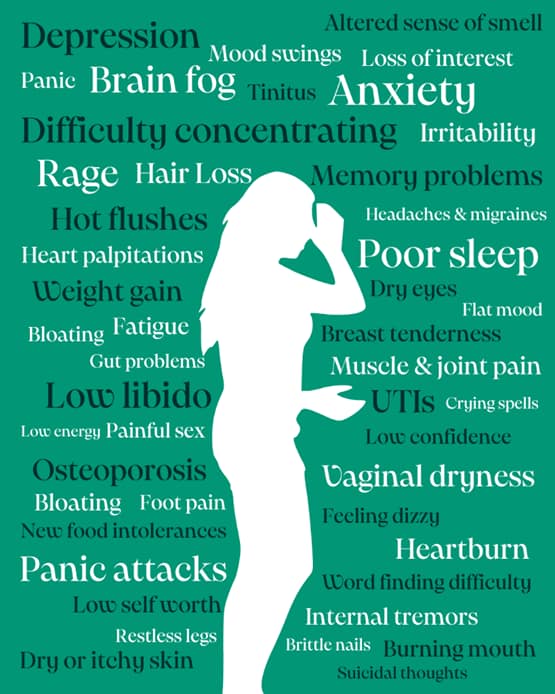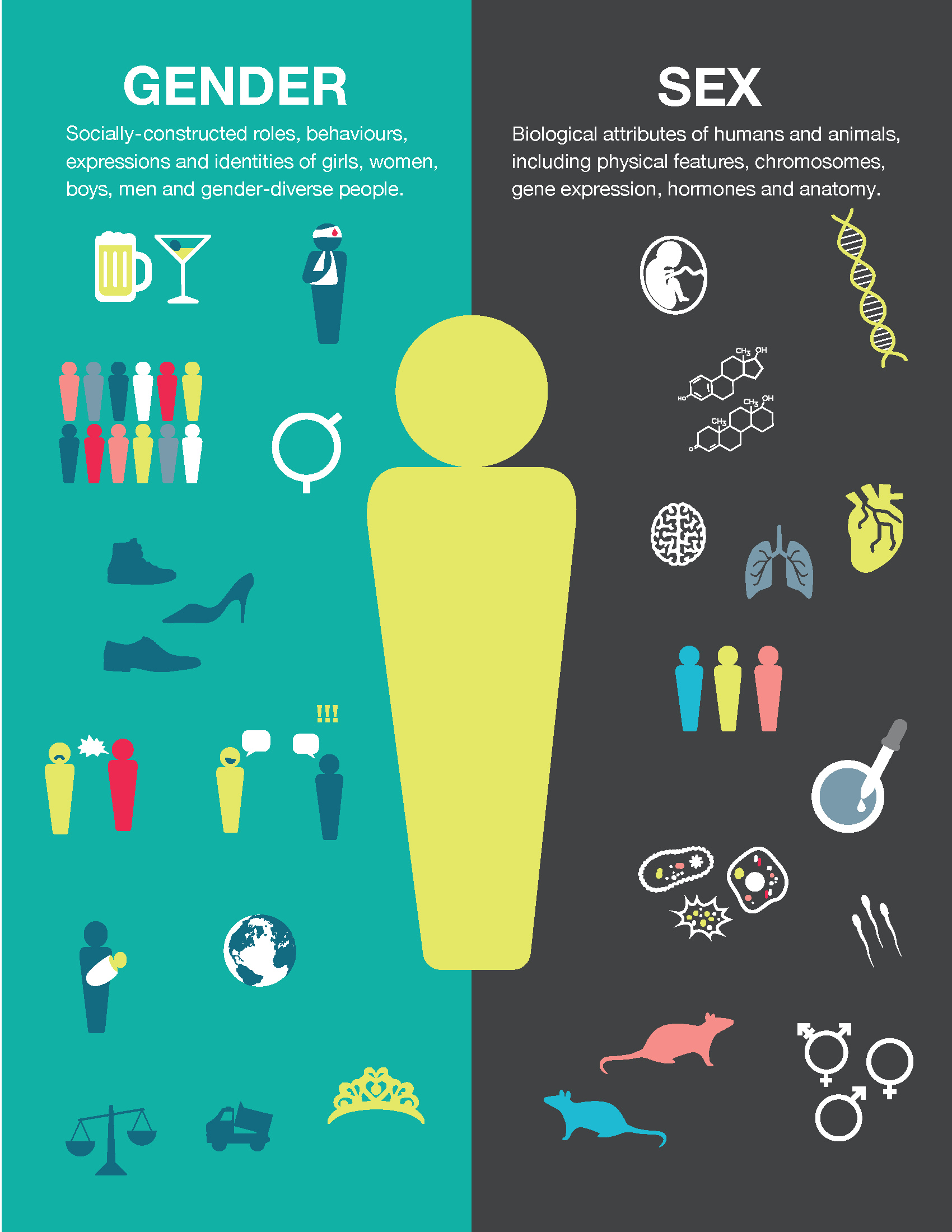Many women unexpectedly find themselves in perimenopause from around the age of 35 years. For some women this elicits a mental rollercoaster which is caused by the brain rahabbing from sex hormones. Read this blog to learn about the brain symptoms of “the queenager brain” and the impact of this brain transition in women.
Autistic people are often labelled as “mind-blind” of incapable of empathy, however this assumption centres the perspectives of neurotypical people. In this blog post Psychology student Jadwiga Michlewicz explains that this is a one-sided view of autism. She discovered that according to the double empathy problem, communication problems between different neurotypes result from mutual misunderstanding and are a shared responsibility for those with and without autism.
With an increasing number of diagnoses, as well as increasing attention to the disorder in popular media, some voices have been calling ADHD a trend diagnosis. But how serious is ADHD actually? Is the increasing number of diagnoses really due to the disorder trending? And if that is the case, what would that mean? And what role does TikTok play in all of this?
Dr. Purnama Sari explains how the method of “propensity score matching” (PSM) aids the understanding of neurodiversity in the classroom. Her study unravelled that vocabulary skills contribute to academic skills in autistic children, and not their gestational age, sex, birth weight, age, ethnicity, parental income, parental education, mother’s IQ, mother’s autistic traits, or mother’s depression score. This blog post may empower children with autism and their parents.
This year, Mindwise seizes the Sinterklaas occasion to reflect, in the form of a Sinterklaas poem, on the happenings at the Psychology department in the year 2023. Given the recent introduction of open AI, ChatGPT was employed in the creation of this reflection.
Why and how do you measure sex or gender in your research participants? Are you still using a single binary question (male/female), or do you still add the option “other”? Are you aware of the differences between sex and gender? This blog post provides some hands-on best practices tips for including sex and/or gender in your research and for writing about them in an inclusive way.
Meditation is popular, but what exactly are we talking about and how does it work? In this article, student Nidarshana Ganesan addresses the ‘trendy’ practice of meditation, and puts forward its benefits as supported by neuropsychology.
People with multiple sclerosis or Parkinson’s disease may experience visual complaints. Although these complaints do not always come forward during an assessment of visual functions, they are extremely bothersome in daily life. How can we ensure that these complaints are recognized and acknowledged in clinical practice?
Have you ever considered including your research participants in the process of doing scientific research? Josephien Jansen, PhD student in Clinical Neuropsychology, does so and in this blog post she explains why collaborating with experience experts is a fruitful endeavor.
Most people know that electroencephalography (EEG) measures brain activity. But probably few know that the first measurement of the human EEG came from an attempt to scientifically test telepathy, and even fewer that one of the first EEG devices from Groningen inspired the founding of a Dutch company. This blog post provides interesting historical insights into the measurement technique of EEG and it’s relation to Psychology in Groningen.










